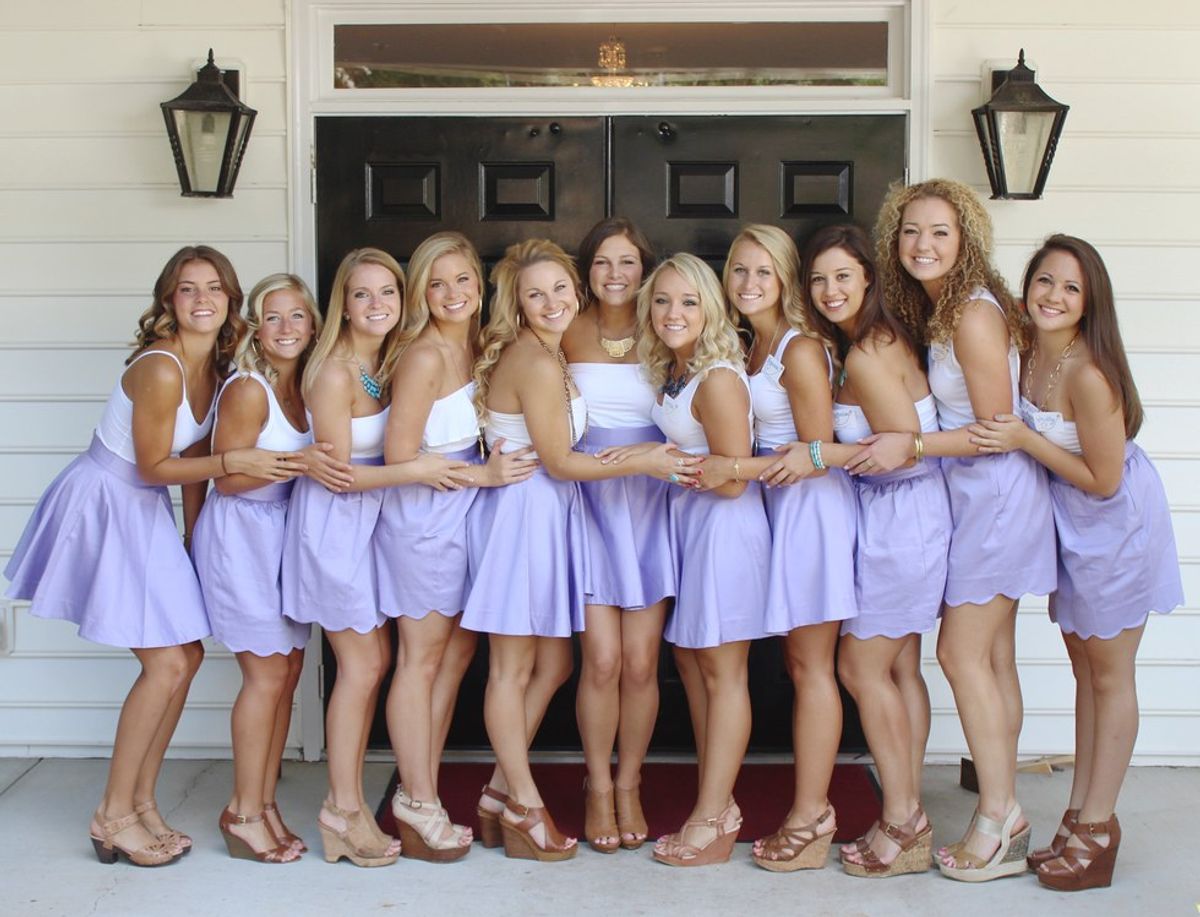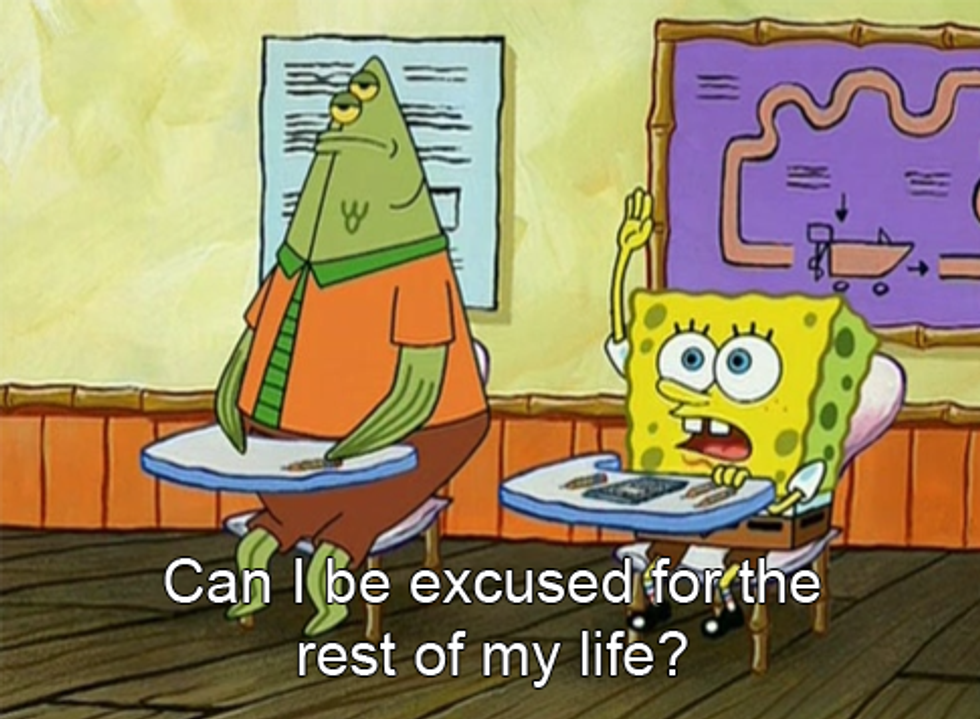The Christmas season is over. We still have New Year’s Day to look forward to, which I suppose is cool. It has similar vibes to Christmas. If your family (or friends or whoever you're spending the holidays with) lacks the necessary hutzpah, you might be using the exact same food and decor. If so, lucky you. You got an extension on a beautiful time of the year. Regardless, this precious time is closed or coming to a close. I already know one thing I will miss: the gifts.
Maybe I’m a shallow human being—the jury is still out—but I strongly believe that gifts are what make the season what it is. I’m not talking about the receiving of gifts. If that was all it was, gifts would be nothing more than glorified freebies. Free stuff is great, and I appreciate it; but gifts are a lot more than just free stuff. Gifts are about being human.
Put in your mind the iconic Christmas scene. The tree. Lights on the tree, from candles, from human eyes. Cookies with lots of cinnamon and nutmeg. Warmth and a wood fire. All of these are there, none of them are the focus. They are colors and scents filling the periphery. The attention is directed around a circle of human beings.
They are there for each other—but they are for each other through the gifts. Think about the process of gifts. They are mysteries, except to the giver. The secret of the gift is reflected as the giver’s mind. Then the gift is opened with a delicate unfurling, a tearing, or a complete shredding, depending on the opener’s style. The receiver’s field of vision begins broadly, on the tree and on gifts and on friends and family. Then on the specific gift. Then on shredded paper. Then on the demystified gift. Then, most importantly, up to the giver. Smiley eyes lock on smiley eyes and say, “Thank you.”
Gifts are a way to make love physical and permanent. In wrapping and in tearing we think about others through the work of our hands. It takes the family out of generic small talk into something more intimate. There is panic and concern: will they like it? Am I showing the appreciation I feel? And mistakes: a slip of the tongue that “spoils” the gift and other disaster such as forgetting to get someone a gift altogether. It feels contrived—and it is.
We are forced to give gifts by guilt or obedience to social norms. But the awkwardness tells us something: we have a stake in the giving of gifts. We can be hurt or embarrassed by them. Gifts are personal because they hold a piece of us, whether we like it or not.
For the religious, this is Incarnation. For everyone, this is a redeeming of our economic lives. The Christmas season allows us to think about the infamous “stuff” as more than just stuff. It is a nice reminder that people are important; and they are born into a world of giving.






















